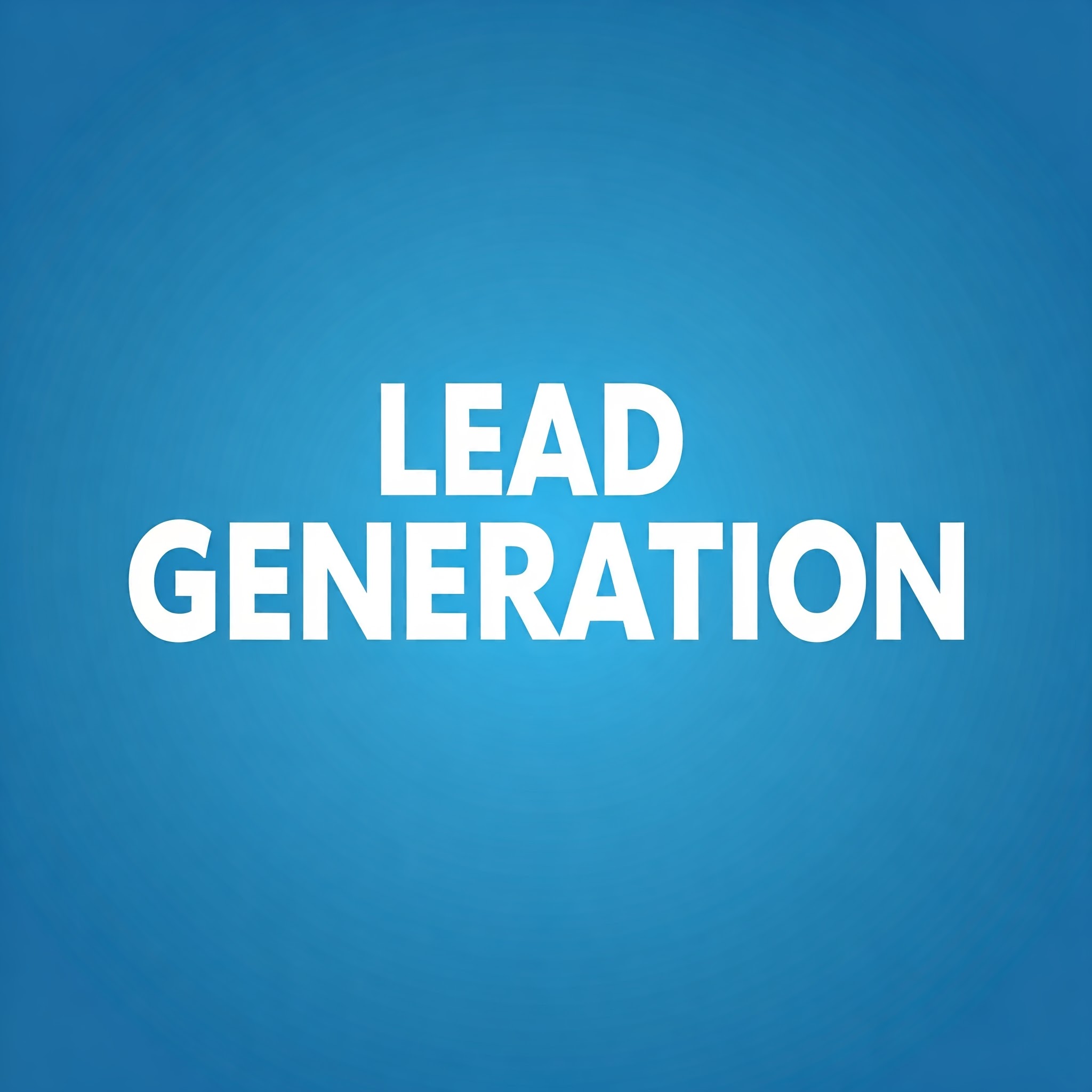
In today’s competitive business landscape, best lead generation software as the driving force behind customer acquisition and revenue growth. Whether you’re a budding startup or an established enterprise, generating high-quality leads is vital to expanding your customer base and achieving sustainable success.
Thanks to advancements in technology, lead generation tools have transformed how businesses attract, manage, and convert potential customers. This blog explores the best lead generation software available today, highlighting their features, benefits, and tips for selecting the right tool for your business. Additionally, we’ll answer common questions to help you fully understand these tools and their potential.
What Is Lead Generation Software?
Lead generation software is a tool designed to simplify and automate the process of finding and nurturing potential customers. These tools assist businesses in identifying prospects, collecting their information, and guiding them through the sales funnel to increase conversion rates.
Key features of lead generation software include:
- Automated workflows for outreach and follow-ups.
- Analytics dashboards to track performance metrics.
- Customizable landing pages, forms, and CTAs to attract prospects.
- Seamless integration with CRM and email marketing platforms.
By using lead generation software, businesses can save time, improve efficiency, and optimize their lead conversion strategies.
Why Do Businesses Need Lead Generation Software?
Traditional methods of lead generation are often slow and inefficient. With the increasing complexity of marketing channels and customer expectations, modern businesses require tools that enhance efficiency and scalability.
Key benefits of lead generation software:
- Increased Efficiency: Automates repetitive tasks like lead scoring and follow-ups.
- Improved Targeting: Uses data-driven insights to identify high-value prospects.
- Scalability: Adapts to business growth and handles increased lead volume.
- Higher ROI: Streamlines marketing efforts, leading to better results at lower costs.
- Seamless Integration: Synchronizes with CRMs, email marketing tools, and social media platforms.

Features to Look for in Lead Generation Software
When selecting lead generation software, it’s important to prioritize features that align with your business goals. Consider the following:
- Ease of Use: Intuitive design and user-friendly interface.
- Customizable Templates: Ability to create tailored landing pages and forms.
- Automation Capabilities: Streamlined workflows for email campaigns, data collection, and nurturing leads.
- Analytics and Reporting: Insights to measure and refine campaign performance.
- Integration: Compatibility with CRM systems, email marketing platforms, and social media channels.
Top 7 Lead Generation Software for 2024
1. HubSpot
HubSpot is a comprehensive platform offering tools for marketing, sales, and customer service, making it a popular choice for businesses of all sizes.
Key Features:
- Customizable landing pages and forms.
- Lead scoring and tracking.
- Email marketing automation.
- Integration with CRM systems.
2. Pipedrive
Known for its simplicity, Pipedrive is ideal for businesses focused on sales pipeline management.
Key Features:
- Visual pipeline management.
- Customizable lead tracking.
- Integration with third-party apps.
3. Leadpages
Leadpages specializes in creating high-converting landing pages, making it an excellent choice for businesses with a focus on digital campaigns.
Key Features:
- Drag-and-drop page builder.
- Conversion rate analytics.
- Integration with email marketing tools like Mailchimp.
4. Salesforce Pardot
A premium tool from Salesforce, Pardot is ideal for large enterprises looking for advanced marketing automation and lead management.
Key Features:
- AI-driven lead scoring.
- Multi-channel campaign tracking.
- Advanced email marketing and segmentation.
5. Mailchimp
Mailchimp combines robust email marketing with lead generation capabilities, making it a favorite among small and medium businesses.
Key Features:
- Automated email workflows.
- Audience segmentation tools.
- Comprehensive analytics reports.
6. LinkedIn Sales Navigator
Perfect for B2B lead generation, LinkedIn Sales Navigator offers tools to find, track, and engage with professional prospects.
Key Features:
- Advanced prospecting filters.
- Real-time insights on leads and companies.
- CRM integration for seamless lead management.
7. Facebook Lead Ads
Facebook Lead Ads are a go-to option for social media-based lead generation, especially for businesses targeting broad audiences.
Key Features:
- Pre-filled lead forms for seamless user experience.
- Audience targeting with advanced analytics.
- Integration with CRM systems and email tools.
How to Choose the Right Lead Generation Software
Selecting the right tool for your business requires careful consideration of your goals, budget, and operational needs.
Steps to choose the best lead generation software:
- Define Your Objectives: Identify whether your focus is B2B, B2C, or a mix of both.
- Evaluate Features: Look for tools offering automation, analytics, and integration.
- Set a Budget: Determine your spending capacity and explore free trials before committing.
- Test Scalability: Ensure the software can grow with your business.
- Check Support Options: Opt for tools with robust customer support and documentation.
Benefits of Using Lead Generation Software
- Improved Conversion Rates: Focus on high-quality leads to maximize sales.
- Streamlined Processes: Automate repetitive tasks and free up time for strategic planning.
- Enhanced Analytics: Use performance insights to refine campaigns and improve ROI.
- Cost Savings: Eliminate manual processes, reducing operational costs.
- Increased Efficiency: Manage leads effectively with centralized platforms.
Emerging Trends in Lead Generation for 2024
- AI-Powered Insights: Tools like ChatGPT enable smarter lead scoring and customer interactions.
- Voice Search Optimization: Capturing leads through voice-activated search technologies.
- Omnichannel Marketing: Engaging prospects across email, social media, and SMS.
- Hyper-Personalization: Tailored campaigns that boost engagement and conversions.
Partnering with Lead Generation Companies
For businesses that lack the time or expertise to manage these tools, partnering with a lead generation company is a smart alternative.
Advantages:
- Access to experienced professionals.
- Comprehensive management of lead generation campaigns.
- Higher ROI with tailored strategies and expert execution.
Conclusion
Investing in lead generation software is no longer optional—it’s a necessity for businesses aiming to stay competitive in today’s market. Tools like HubSpot, Mailchimp, and Facebook Lead Ads simplify and optimize the process of finding and converting leads, helping businesses achieve better results with less effort.
By staying ahead of emerging trends like AI-driven solutions and omnichannel marketing, your business can build a robust lead generation strategy that ensures long-term success. For those needing expert guidance, partnering with lead generation companies can further enhance results and free up internal resources.
Start exploring the tools listed above today and revolutionize your lead generation efforts for 2024!
FAQs About Lead Generation Software
Q1. What’s the best lead generation software for small businesses?
A: Tools like Mailchimp and Leadpages are cost-effective and beginner-friendly, making them ideal for small businesses.
Q2. How does Facebook help with lead generation?
A: Facebook Lead Ads allow businesses to capture leads directly through pre-filled forms, streamlining the process for users.
Q3. Can I integrate lead generation software with my CRM?
A: Yes, most tools, including HubSpot and Salesforce Pardot, offer seamless integration with popular CRMs.
Q4. Are there free lead generation tools?
A: Yes, platforms like HubSpot and Mailchimp provide free plans with basic features for startups and small businesses.
Q5. What’s the difference between lead generation software and lead generation ads?
A: Lead generation software helps manage and nurture leads, while ads focus on attracting potential customers.


